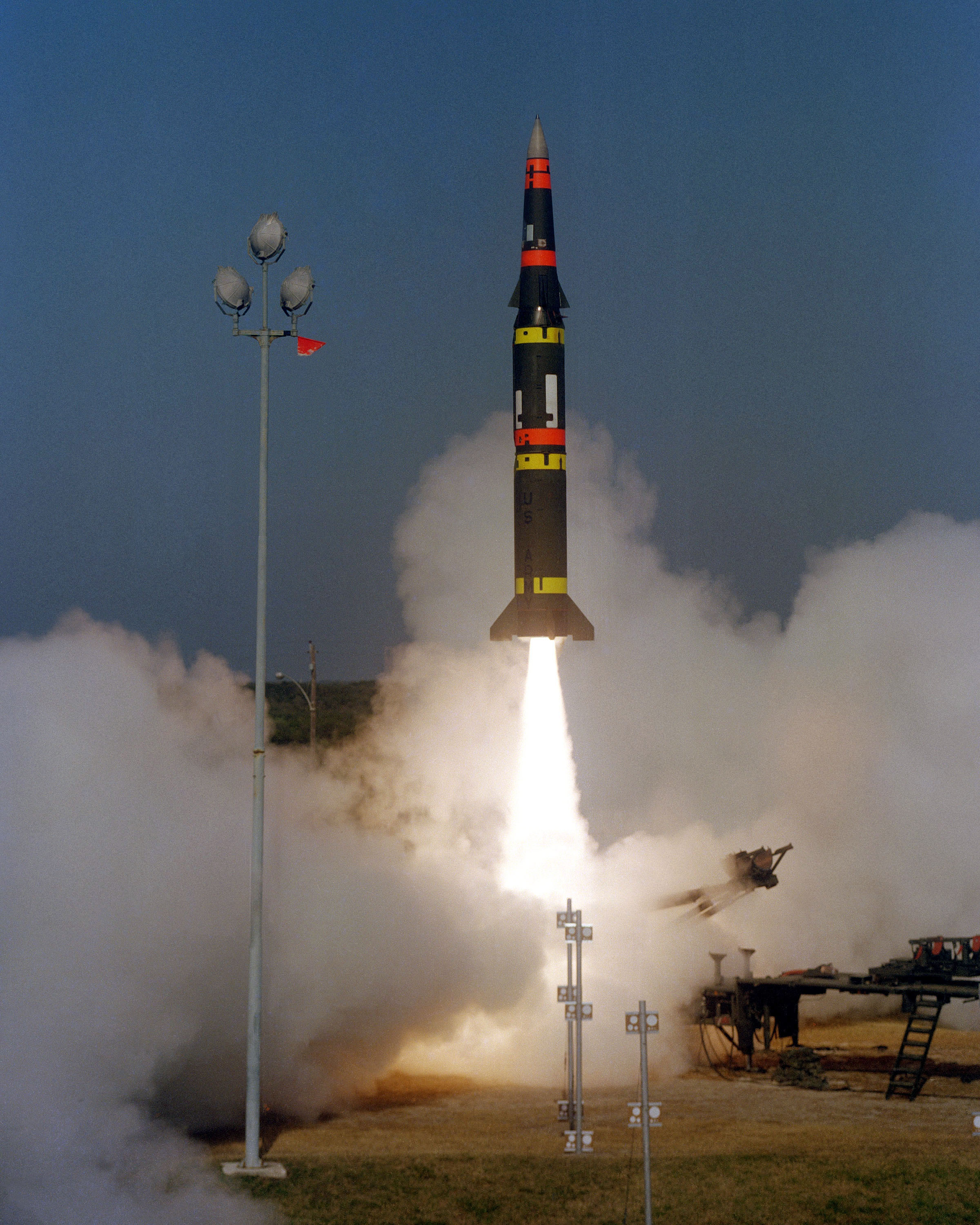F-22Raptor
ELITE MEMBER

- Joined
- Jun 19, 2014
- Messages
- 16,980
- Reaction score
- 3
- Country
- Location
South Korea indicated increased willingness to host an advanced U.S. anti-missile defense on Friday as activity detected at a North Korean missile site revived talk of deploying a system opposed by China and Russia.
U.S. military officials have said the sophisticated system called Terminal High Altitude Area Defense (THAAD) was needed in South Korea, which faces the threat of an increasingly advanced North Korean missile program.
"If THAAD is deployed by the U.S. military in Korea, it will be helpful for our security and defense," South Korean Defense Ministry spokesman Kim Min-seok said.
Previously, South Korea was reluctant to openly discuss the possibility of the deployment, as it tried to walk a fine line between its closest ally, the United States, and its biggest trade partner, China.
U.S. officials told Reuters on Thursday there was increased activity at a North Korean missile site suggesting preparations for a possible rocket launch as U.N. Security Council members discuss fresh sanctions against North Korea after it conducted its fourth nuclear test on Jan. 6.
The officials cited intelligence suggesting movement of components and propellant at North Korea's Sohae satellite launch facility. A test could take place within a couple of weeks, they said.
The United States maintains 28,500 military personnel in the country, a legacy of the 1950-53 Korean War, which ended in a truce and left the two Koreas in a technical state of war.
China is North Korea's lone major ally. But in recent years South Korea has forged increasingly strong ties with China.
"We believe that any country, when striving for its own security, should also consider other countries' security interests and regional peace and stability," Foreign Ministry spokeswoman Hua Chunying told a briefing when asked about the possibility of deploying THAAD in South Korea.
Kim said there was internal discussion in the U.S. government about deploying the system to its military based in South Korea.
The system has radar that can track multiple ballistic missiles up to 2,000 km (1,200 miles) away, a range which would reach deep into China and Russia.
The THAAD system is built by Lockheed Martin Corp, and costs an estimated 1 trillion won ($885.6 million) apiece. Some THAAD opponents in South Korea propose instead developing an indigenous missile defense system.
Both China and Russia, which are among the five international powers that have sought to negotiate with North Korea to persuade it to abandon its nuclear weapons, have spoken against stationing the THAAD system in South Korea.
North Korea last conducted a long-range rocket launch in late 2012, sending an object it described as a communications satellite into orbit. Western and Asian experts said it was part of an effort to build an ICBM.
http://www.reuters.com/article/us-northkorea-missile-usa-southkorea-idUSKCN0V70VP
U.S. military officials have said the sophisticated system called Terminal High Altitude Area Defense (THAAD) was needed in South Korea, which faces the threat of an increasingly advanced North Korean missile program.
"If THAAD is deployed by the U.S. military in Korea, it will be helpful for our security and defense," South Korean Defense Ministry spokesman Kim Min-seok said.
Previously, South Korea was reluctant to openly discuss the possibility of the deployment, as it tried to walk a fine line between its closest ally, the United States, and its biggest trade partner, China.
U.S. officials told Reuters on Thursday there was increased activity at a North Korean missile site suggesting preparations for a possible rocket launch as U.N. Security Council members discuss fresh sanctions against North Korea after it conducted its fourth nuclear test on Jan. 6.
The officials cited intelligence suggesting movement of components and propellant at North Korea's Sohae satellite launch facility. A test could take place within a couple of weeks, they said.
The United States maintains 28,500 military personnel in the country, a legacy of the 1950-53 Korean War, which ended in a truce and left the two Koreas in a technical state of war.
China is North Korea's lone major ally. But in recent years South Korea has forged increasingly strong ties with China.
"We believe that any country, when striving for its own security, should also consider other countries' security interests and regional peace and stability," Foreign Ministry spokeswoman Hua Chunying told a briefing when asked about the possibility of deploying THAAD in South Korea.
Kim said there was internal discussion in the U.S. government about deploying the system to its military based in South Korea.
The system has radar that can track multiple ballistic missiles up to 2,000 km (1,200 miles) away, a range which would reach deep into China and Russia.
The THAAD system is built by Lockheed Martin Corp, and costs an estimated 1 trillion won ($885.6 million) apiece. Some THAAD opponents in South Korea propose instead developing an indigenous missile defense system.
Both China and Russia, which are among the five international powers that have sought to negotiate with North Korea to persuade it to abandon its nuclear weapons, have spoken against stationing the THAAD system in South Korea.
North Korea last conducted a long-range rocket launch in late 2012, sending an object it described as a communications satellite into orbit. Western and Asian experts said it was part of an effort to build an ICBM.
http://www.reuters.com/article/us-northkorea-missile-usa-southkorea-idUSKCN0V70VP
















 .
.